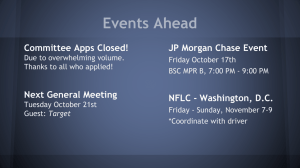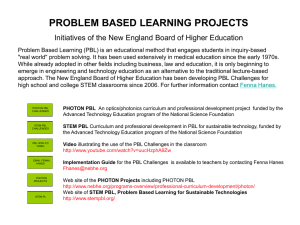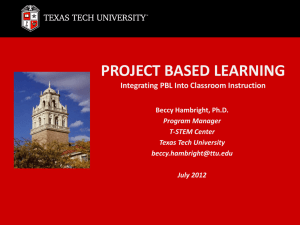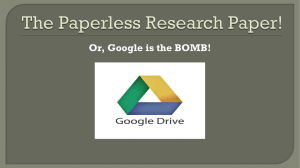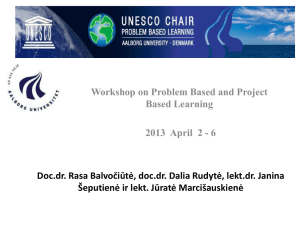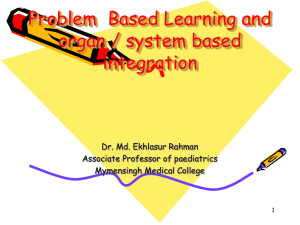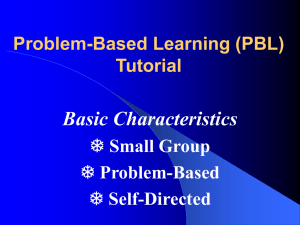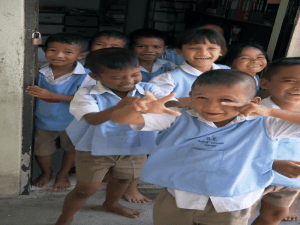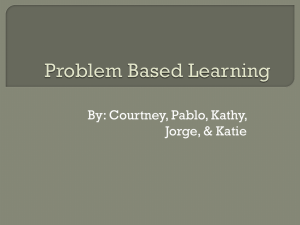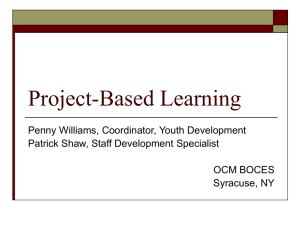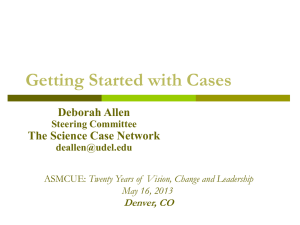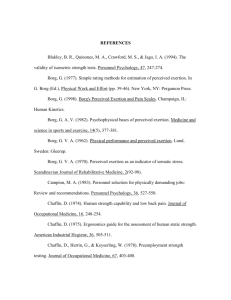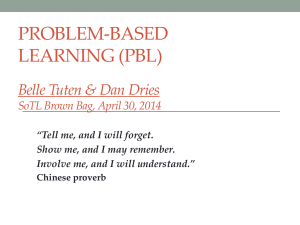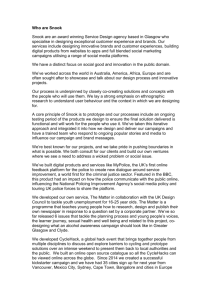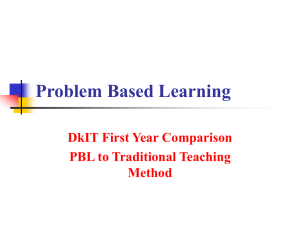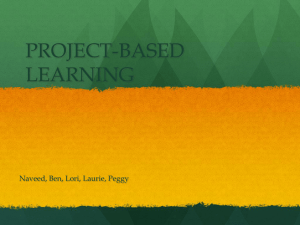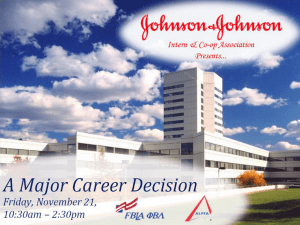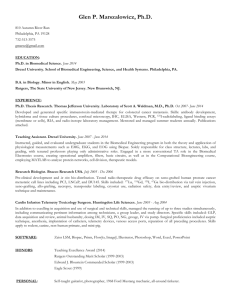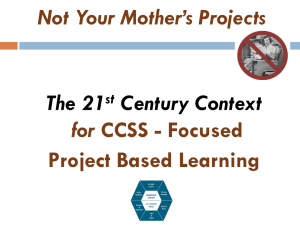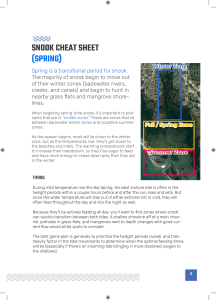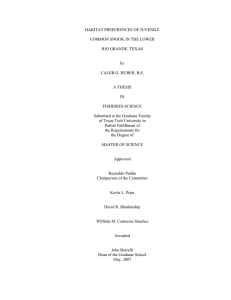Transforming PIT in a dual credit classroom
advertisement
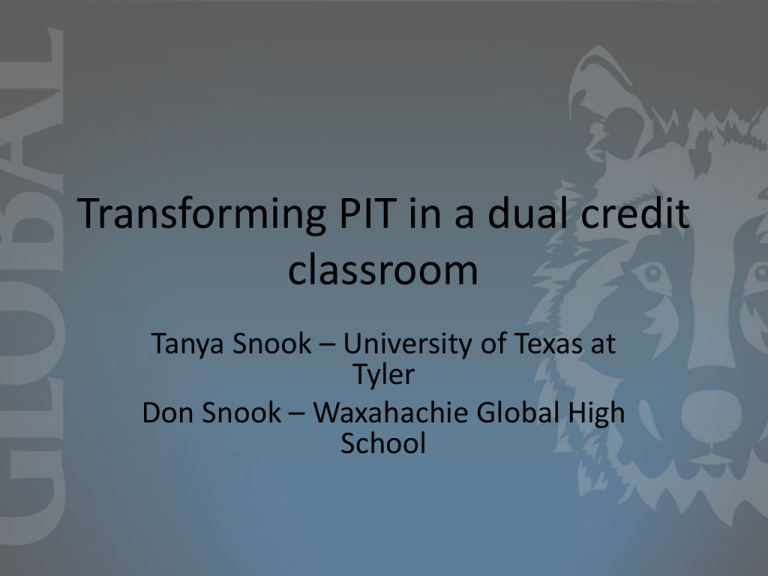
Transforming PIT in a dual credit classroom Tanya Snook – University of Texas at Tyler Don Snook – Waxahachie Global High School Starting the Journey • August 2007 – STEM HS • August 2009 – ECHS designation – Initial IHE Partner Navarro College – August 2013 IHE partner with UTT What is a T-STEM Academy • Designated by the Texas Education Agency, these Academies serve as demonstration schools and learning labs which develop innovative methods to improve science and math instruction. STEM Why a second IHE • Increase the number of students entering postsecondary studies and careers in science, technology, engineering, and mathematics • UTT would allow a coherent sequence of courses to facilitate students entering a STEM course of study. Computer Science offerings 2013 • COSC 1301 (fall) and COSC 1307 (spring) – Aligns with Principles of Information Technology – Allows students to experience higher rigor with first course offering – Introduces PBL to freshmen and facilitates project coordination with other core subjects – Believed to be only school in nation doing this Alignment • PIT is the overview • Digital Citizenship and Digital Footprint – Copyright – Social Media • • • • • • Computer History Hardware and networking introduction Basic Photoshop and design principles Microsoft Office Applications Basic programming fundamentals Basic HTML Preparing for pathways Increased Rigor • Differences between a high school course and a college course • Late work/Extra credit • Work load • Academic reading and writing • Planners • Remember – our kids look like your kids What is PBL? • Project Based Learning • PBL is the learning process NOT a culminating activity • Student choice and voice • Student presentations PIT and PBL • Introduces PBL process – Copyright Project – Infographics • Allows for support to core PBL projects – Holocaust Project – Interactive Transcript – North American Tourism Steps in PBL • • • • • • • Project Launch and Entry Document Know/Need to Know and Driving Question Contracts Rubric Problem logs or checkpoints Presentation Self-evaluation and peer evaluation Copyright Entry Document To: Don Snook CC: Robert Keith From: Cindy Springer Date: August 12, 2012 Mr. Snook, I am a consultant at Region 10 Education Service Center. We work with schools across Region 10 that comprises 80 public school districts and 36 public charter schools (of which Waxahachie Global High School is one). As you are aware from your recent copyright violation, copyright issues are running rampant in all of our schools. Presentations to faculties and to students are going unheeded (largely due to the fact that these presentations are done via PowerPoint and are overloaded with text that is easily forgettable). I am writing to ask for your assistance with a project TEA has asked Region 10 to complete. We have been charged with creating a teaching tool that will target administrators, teachers and students and engage them while learning about copyright. We will also need an assessment at the end of the lesson so that we can insure that mastery has been met. Can your students assist us? Sincerely, Cindy Springer Copyright Contract Rubrics • Students receive rubric prior to work being done • Allows students to understand expectations • Guides students to make sure all aspects of project are covered. Problem Log/Checkpoint • • • • These are deliverables throughout the project Most projects are 2-3 weeks This determines workshops that are needed Keeps students focused and moving forward Presentation • Every student presents • Audience • Other students have tasks while classmates present Evaluation • Students grade each member of group as well as themselves • Students grade other group members • Students encouraged to question other groups for clarification or deeper understanding Questions? • Tanya Snook – tsnook@wisd.org – @tanyapsnook • Don Snook – dsnook@wisd.org – @don_snook • Waxahachie Global High School – @wax_globalhs
